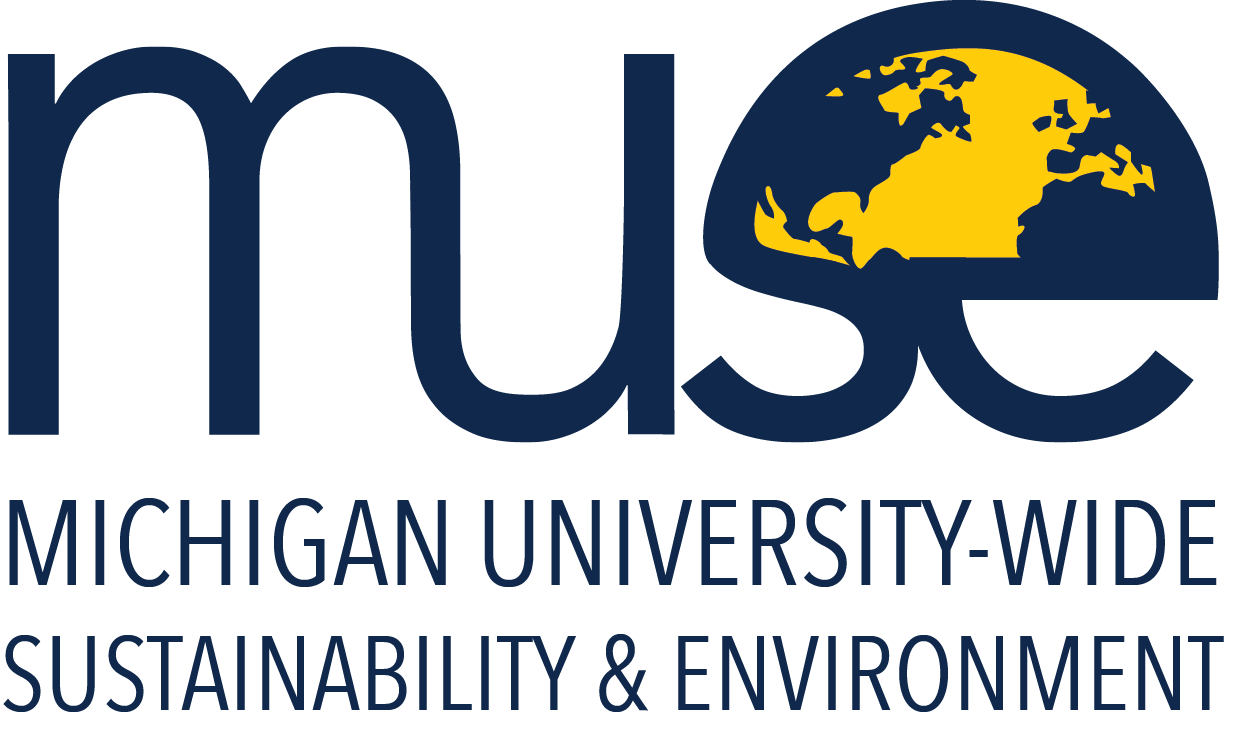5th annual Duck Family Graduate Workshop on Environmental Politics and Governance
Center for Environmental Politics
University of Washington, Seattle
May 15-17, 2019
_______________________________________________________________________________________________________________
On May 15-17, 2019, UW’s Center for Environmental Politics will organize the
5th annual Duck Family Graduate Workshop for doctoral students working in the area of environmental politics and governance (EPG). This follows on the highly successful workshop that the Center hosted in previous years:
The EPG Grad workshop provides a venue for doctoral students to present their
work, receive feedback, and network with others working on similar issues. We
will invite select faculty from the University of Washington to serve as
resource persons.
_____________________________________________________________________________________________________________________
Objective:
Why the workshop? Understanding the governance and political aspects of
environmental issues is critical for addressing the gamut of environmental
challenges. The politics of governance perhaps has become an even more critical
factor in the changed political milieu. The multi-disciplinary nature of EPG
research often makes it hard to share ideas, concepts, and research methods
across relevant disciplines. We hope the annual Duck Family Graduate Workshop
will help overcome these barriers and provide a multi-disciplinary venue for
doctoral students to become active participants in the community of EPG
scholars.
________________________________________________________________________________________________________________________________
Expenses:
There are no workshop fees and the Center will pay for local expenses, namely
each participant’s food and shared hotel lodging (with two participants per
room) for three nights, May 15, 16, and 17.
Participants are responsible for travel expenses.
_________________________________________________________________________________________________________________________________
Application Logistics:
This workshop will be most useful for doctoral students who have made
substantial progress in their graduate studies: that is, they are able to
present a fully developed paper. Applicants need to submit:
– an abstract (about 800 – 1,000 words) of a paper to be emailed to Hanjie Wang
.
– a letter of support from their graduate advisor to be emailed to Hanjie Wang
.
The deadline for submission is February 15, 2019.
__________________________________________________________________________________________________________________________________
Timeline:
-February 15-27, 2019: Center faculty evaluate the proposals.
-March 1, 2019: Participants are formally invited.
-May 5, 2019: Participants email their papers to Hanjie Wang
-Wednesday, May 15, 2019: Participants arrive; a plenary session in the
Walker-Ames Room, Kane Hall,
Welcome dinner.
-Thursday, May 16, 2019: Full day Workshop in the Petersen Room (Allen Library,
University of Washington, Seattle) followed by dinner
-Friday, May 17, 2019: Full day Workshop in the Petersen Room (Allen Library,
University of Washington, Seattle) followed by dinner
-Saturday, May 18, 2019: Departure.
The Center for Environmental Politics is excited to organize this unique event
focused on furthering graduate training and education. Should you have any
questions, feel free to email Aseem Prakash; aseem@uw.edu.
